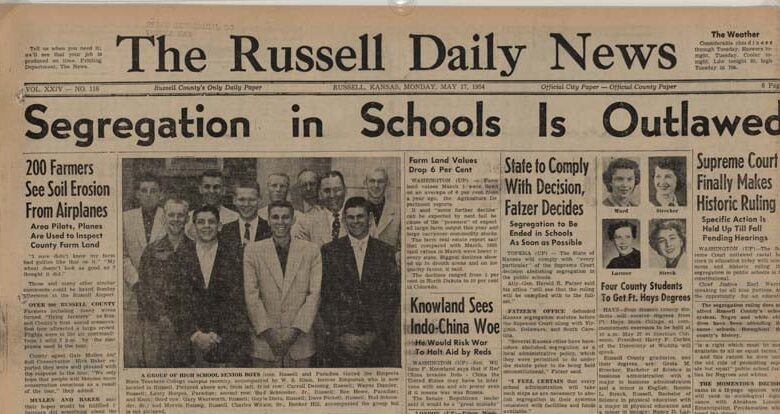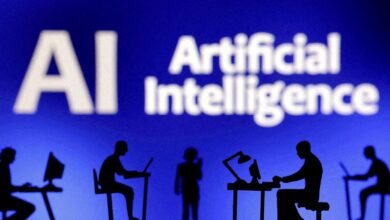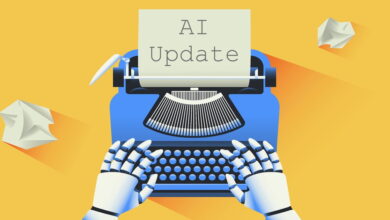Artificial intelligence used to replicate Brown v. Board of Education oral arguments

Legal History
Artificial intelligence used to replicate Brown v. Board of Education oral arguments
The front page of the Russell (Kansas) Daily News on May 17, 1954, announcing that school segregation is outlawed. (Image from the Library of Congress)
The retired law professor who founded the Oyez multimedia archive of U.S. Supreme Court materials has taken on a new project—creating an audio of the Brown v. Board of Education oral arguments using artificial intelligence.
Brown v. Board of Education was decided 70 years ago. There is no audio recording of the argument in which then-NAACP chief counsel Thurgood Marshall opposed school segregation and no recording of then-Chief Justice Earl Warren reading the opinion from the bench.
Oyez founder Jerry Goldman used AI to replicate the voices of the litigators and justices, the Wall Street Journal reports via How Appealing.
Goldman worked on the “Brown Revisited” project with the Knight Lab at Northwestern University’s Medill School of Journalism and the podcast company Spooler.
To create the audio, Goldman used actors to read the argument transcript. He also found historical recordings of Marshall, Marshall’s chief opponent John W. Davis and the justices, according to the Wall Street Journal.
An AI company called Respeecher made the actors’ voices sound like the people on the historical recordings.
Tony Mauro, a retired journalist who covers Supreme Court topics at the Marble Palace Blog, listened to the reproduced oral argument.
“It was remarkable,” Mauro wrote on his blog. “Typically, the tapings of Supreme Court arguments come out tinny and distant. But listening to the new AI version is easy and smooth. I felt as if Thurgood Marshall were speaking a few feet away from me.”
The AI-generated audio got mixed reviews from people who spoke with the Wall Street Journal.
Thurgood Marshall Jr. said one clip of his father’s AI-generated voice “was strikingly good in terms of voice quality and intonation.” He described another clip as “meh.”
Warren’s grandson, Jeffrey Earl Warren, said his grandfather’s voice was “gravelly” and “much lower” than the AI voice.



